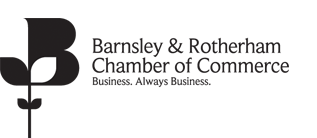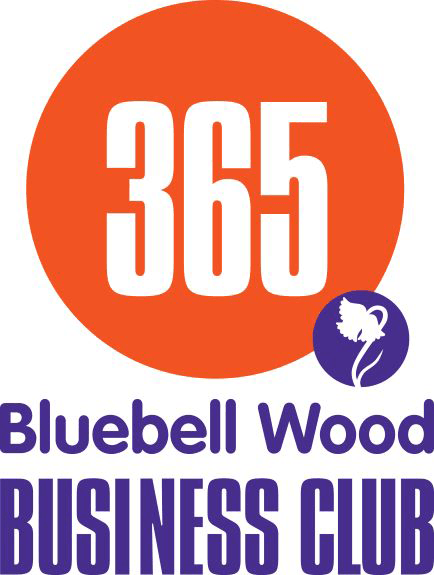
Heartbreak and betrayal – when football isn’t “only a game”
Kevin McCabe, lifelong fan and owner of Sheffield United Football Club has this week been ordered to comply with the terms of a share option agreement, and sell 50% of the club to Prince Abdullah, the man Mr McCabe chose as the person to “hand the baton to”.
As is so often the case, a happy shareholder partnership quickly turned sour, following disagreements over expectations, particularly regarding ongoing investment into the club. This was despite the terms of their agreement being documented in a shareholder’s agreement. Concerns were raised over whether Prince Abdullah was actually as wealthy as McCabe had been led to believe which led to multiple disagreements on a number of different issues.
Without warning, McCabe exercised a call option on Prince Abdullah (who owned shares in SUFC via his company UTB LLC). This enabled McCabe to purchase UTB’s shares for £5m, or crucially for UTB to buy McCabe’s shares for the same price. UTB served a counter notice indicating that it wished to purchase McCabe’s shares instead.
A Call Option is where a Buyer is offered the option (but not the obligation) to buy a share, commodity or other asset for a specified price within a specific time period. Exercise of the option makes the agreement legally binding. This scenario is common among shareholders of a company offering other shareholders the option to buy shares in the event of one party wanting to exit, and usually sits within a shareholder’s agreement or in the Articles of Association.
Complications arose over the completing of the option, due to links to property options which would also become exercisable upon UTB owing 100% of the club. Because of this the option to purchase shares did not complete, with both parties then claiming damages from the other and McCabe attempting to bring to an end the shareholder agreement between them.
During proceedings, accusations were made concerning the conduct of the parties, and in particular, a failure to act “in good faith”. Unlawful conspiracy and unfair prejudice were just some of the terms used, particularly against Prince Abdullah.
Crucially, Mr Justice Fancourt held there is no implied term in a shareholder’s agreement for each of the shareholders to deal with the other in good faith and so no such implied term applies where a call option notice is served or going to be served. However, there was an implied term that a shareholder should not “wilfully obstruct or hinder”. It was ruled that the sale of shares to Prince Abdullah’s company must complete, and so in turn would the property options.
Whether you own a premier league football club or are just starting a new business, the message is the same. Always set out your intentions clearly to ensure that in the event of disagreement between shareholders there is a clear guide for resolution. The costs of putting such an agreement in place pale in comparison to the costs of proceedings to resolve a shareholder dispute. The team at Dawson Radford specialise in such agreements and can guide you through the points to consider to add certainty to your business relationship. If this is something which you haven’t yet got in place, or which may need updating, drop us a line at hello@dawsonradford.co.uk for more information and a no-obligation chat.






